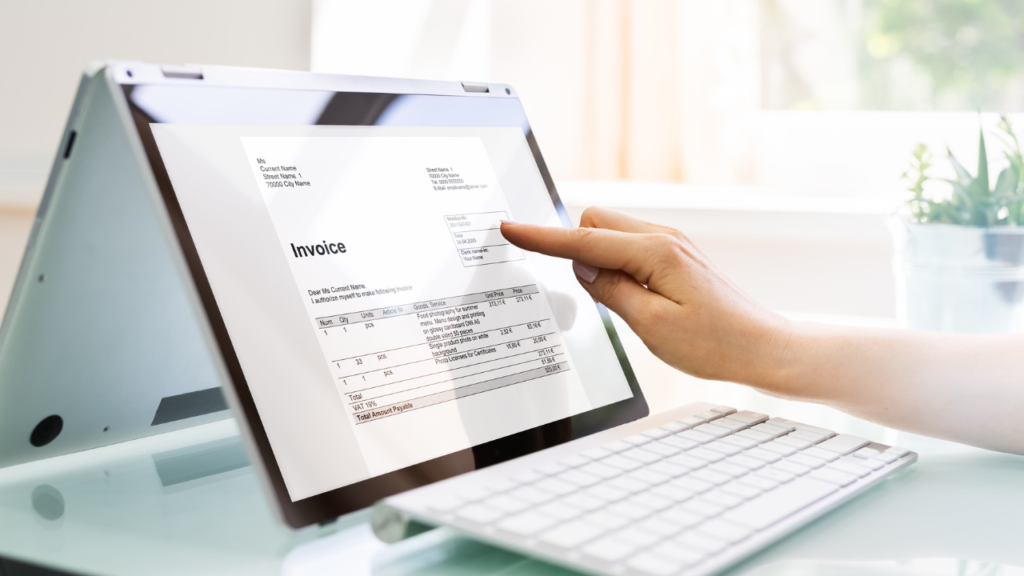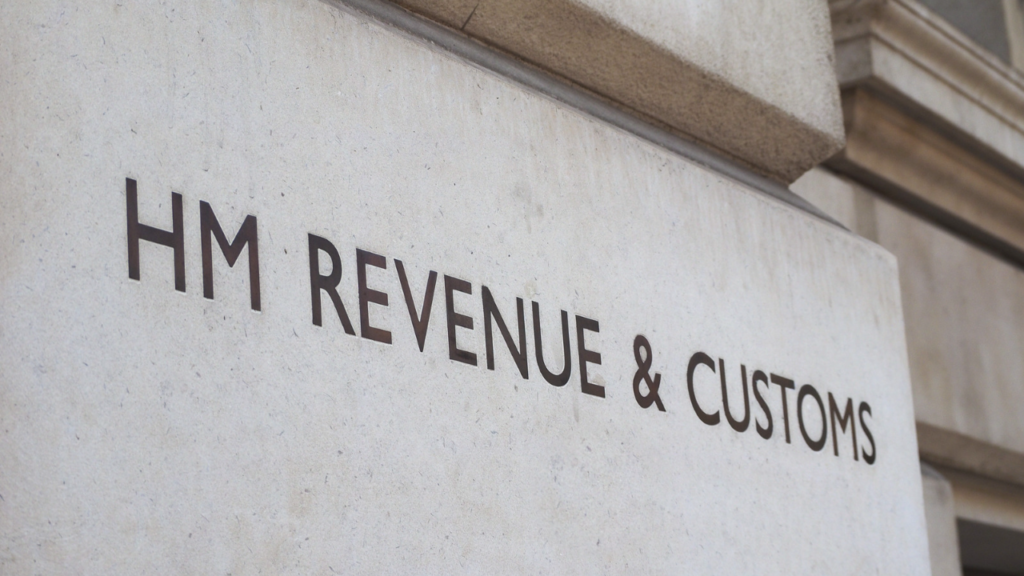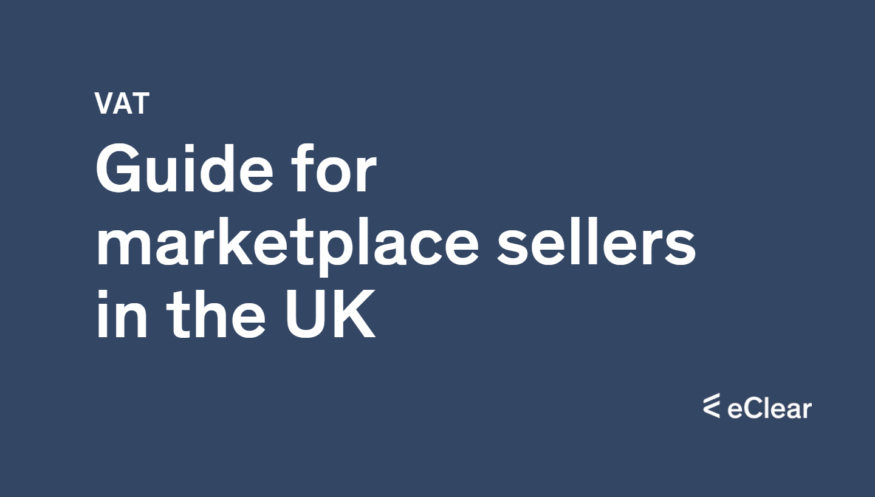What is an online marketplace?
An online marketplace is defined by HMRC as a business using a website or mobile phone app to handle the sale of goods to customers, which sets the terms and conditions, authorizes or facilitates customers’ payments, and is involved in the ordering or delivery of the goods. A business will not be considered an online marketplace if it only provides one of the following services:
- Processing payments.
- A listing or advertising goods.
- Redirecting customers to other websites or mobile phone apps where goods are offered for sale without any further involvement in any sale.

Selling Goods using an Online Marketplace
Consignments of goods with a value of £135 or less sold through an online marketplace to customers in Great Britain (England, Scotland, and Wales) will have UK supply VAT charged at the point of sale. The same applies for consignments sold to customers in Northern Ireland, but will have import VAT charged. The £135 limit applies to the value of a total imported consignment.
Online marketplaces will be liable for the VAT on goods of any value located in the UK at the point of sale and sold by an overseas business through an online marketplace. However, these rules do not apply to importing consignments of goods containing excise goods, non-commercial goods (for example, gifts) or consignments of goods from Jersey and Guernsey if VAT is collected and paid to HMRC under the Import VAT Accounting Scheme.
Goods outside the UK at the point of sale
The HMRC guidance explains that the online marketplace must work out the consignment value of the goods by deciding their ‘intrinsic value’, which is the price the goods were sold for, not including transport or insurance costs (unless they are included in the price and not separately shown on the invoice) or other identifiable taxes and charges. Unless sent individually, the seller must add the individual values of all items in a consignment together to get the total value of the consignment. Suppose the seller changes the value of the consignment so that its total value goes above £135. In that case, they may be liable for import VAT and Customs Duty and have to adjust the VAT already accounted for at the point of sale.
Low-value consignment relief, an import VAT exemption for goods valued at £15 or less, has been removed. For consignments valued at £135 or less, the online marketplace must charge and account for VAT at the point of sale unless the consignment is a business-to-business sale and the customer has given their UK VAT registration number.
For business-to-business sales to UK VAT-registered customers, the online marketplace will not need to charge and account for VAT if the customer gives them their VAT registration number. The customer will be responsible for accounting for any VAT due on their VAT Return. In the case of Northern Ireland, they may account for it using postponed VAT accounting or any other means of paying import VAT. For consignments valued at more than £135, standard VAT and customs rules will apply to import the goods into Great Britain from outside the UK or Northern Ireland from outside the UK and EU.
Goods in the UK at the point of sale
Overseas sellers importing goods to sell through online marketplaces in the UK will be liable for any import VAT and Customs Duty when the goods are first imported. The online marketplace will be responsible for accounting for the VAT on the sales made through its marketplace by sellers not established in the UK.
Overseas sellers who only make zero-rated deemed supplies can either register for VAT or apply for exemption from registration. Overseas sellers registered for VAT can reclaim any import VAT they had to account for when the goods were first imported.
The standard rules about what VAT can be reclaimed as input tax will apply. Where goods are sold to UK VAT-registered businesses, the online marketplace should pass on the sale details to the seller, who will be liable for VAT and must register for VAT if not already registered. The online marketplace must carry out VAT checks on overseas sellers.

VAT invoices
The standard rules for VAT invoices apply. Online marketplaces must issue full paper or digital invoices for goods. No VAT invoice is needed for goods sold in Northern Ireland from outside the EU.
VAT records
The online marketplace must retain complete records, including VAT invoices, for six years from the date of sale of any goods.
The Flat Rate Scheme
Sellers who used the Flat Rate Scheme had to decide if they wanted to stay in the scheme by 1 January 2021. Sales made by a seller through an online marketplace, where the online marketplace is responsible for reporting VAT, will not be included in the Flat Rate Scheme calculation starting 1 January 2021. Sellers who decided to remain in the scheme will continue to be subject to its terms and conditions, including limitations on recovering VAT.
Online marketplaces must do checks
Operators of an online marketplace are responsible for ensuring that sellers on their platform comply with VAT regulations. They can be held jointly and severally liable for unpaid VAT if an overseas seller should have registered for UK VAT but has failed to do so or if they knew or should have known that an overseas seller should be UK VAT registered.
It’s the operator’s responsibility to check that overseas sellers on its marketplace are registered for UK VAT if they sell goods to customers in Northern Ireland or other businesses who provide a valid VAT number. The goods are in the UK at the point of sale.
Operators should check that the seller has a valid VAT registration number, the location of the seller and the goods, if the seller or those directing the seller have been removed from the marketplace before, how quickly the seller can fulfil orders from UK customers, how the seller fulfils orders from UK customers and if there’s any information that the seller, HMRC, or a third-party gives them that might indicate dishonest conduct or failure to meet their VAT obligations.
If they identify a seller who still needs to meet their VAT obligations, they should tell HMRC and remove them from their marketplace.
The ‘knew or should have known test for online marketplaces
The UK tax authority, HMRC, may hold online marketplaces jointly and severally liable for any unpaid VAT on sales made by overseas sellers on their platform if they knew or should have known that the seller was required to register for VAT but had not. Marketplaces will be liable for the unpaid VAT if they have kept the seller from offering goods for sale on their platform after 60 days from the date they first knew or should have known.
HMRC will consider a range of factors, such as information held, or reasonably requested and due diligence is taken by the marketplace to decide if they knew or should have known that the seller had not registered for VAT. They will contact them if HMRC determines that the marketplace should be held liable.

HMRC notifications for sellers who fail to meet VAT requirements
HMRC will issue online marketplace operators with a joint and several liability notices when they identify a seller on the marketplace who is not meeting VAT requirements. The marketplace will then have a specified period. Usually, 30 days to stop the seller from offering goods for sale to UK customers on their platform. The liability notice will continue until HMRC withdraws it or the marketplace informs HMRC that they are no longer the marketplace operator.
HMRC will assess the marketplace for the seller’s VAT if they do not stop the seller from selling within the specified time. However, the marketplace will not be evaluated if the seller fully meets UK VAT obligations. HMRC will also notify the marketplace if they decide that the “knew or should have known” test applies to them in relation to an overseas seller who is failing to account for VAT 60 days after they had enough knowledge to make that decision and explain the unpaid VAT that the marketplace is liable for and send them a VAT assessment.
How to challenge or appeal an HMRC decision
Suppose an online marketplace operator disagrees with HMRC’s decision to assess them for the unpaid VAT of a seller operating on their platform. In that case, they can challenge the decision by requesting for it to be reconsidered by the assessing officer, asking for an independent review, or appealing the assessment. They can appeal against a VAT assessment, including when they are assessed for the unpaid VAT of a seller, or a VAT penalty imposed by HMRC. Still, they cannot appeal against being issued a liability notice.
VAT and overseas goods sent to the UK and returned to the seller
The guidance covers the VAT implications of goods being returned to the sellers by customers in the UK. The process for reclaiming VAT on returned goods and any additional responsibilities the seller may have depended on the following factors: where the goods were originally sent from when they were initially sent, the value of the goods when the goods were returned, and if the seller is registered for UK VAT.
Goods sent to the UK on or before 31 December 2020 and returned for a refund after that date
Suppose the goods were sent from outside the EU. In that case, the seller does not need to make an import VAT adjustment on their VAT return, but may be able to reclaim import VAT if the goods are valued at over £15. Import VAT was paid under previous import rules. Suppose the goods were sent from the EU. In that case, the seller needs to adjust their UK VAT return if they accounted for UK VAT on the original sale. Still, no adjustment is necessary if they did not initially account for UK VAT.
Goods sent to the UK on or after 1 January 2021 and returned for a refund
Adjust their VAT return for the VAT on the returned goods if they initially charged VAT and have refunded it to the customer. They do not need to amend their VAT return if they did not initially charge VAT.
Goods returned from the UK and replaced
If a customer returns goods to them, and they send a replacement, they should adjust their VAT return if the value of the goods is different.
Selling goods via an online marketplace or direct to customers in the UK
UK VAT is a tax imposed on most goods located and sold in the UK or imported to the UK from outside. Overseas sellers who make taxable sales in the UK must register for VAT and report it to HMRC. The method of charging VAT depends on whether the seller is selling directly to customers in the UK or through an online marketplace, the location of the goods at the point of sale and the value of the goods.
It is crucial for sellers, particularly those based outside the UK, to understand the tax requirements and responsibilities associated with using online marketplaces or selling goods directly to customers in the UK. The guidance provided by HMRC can assist in ensuring compliance with VAT regulations and avoiding potential penalties.
The complete guide can be found here: gov.uk







